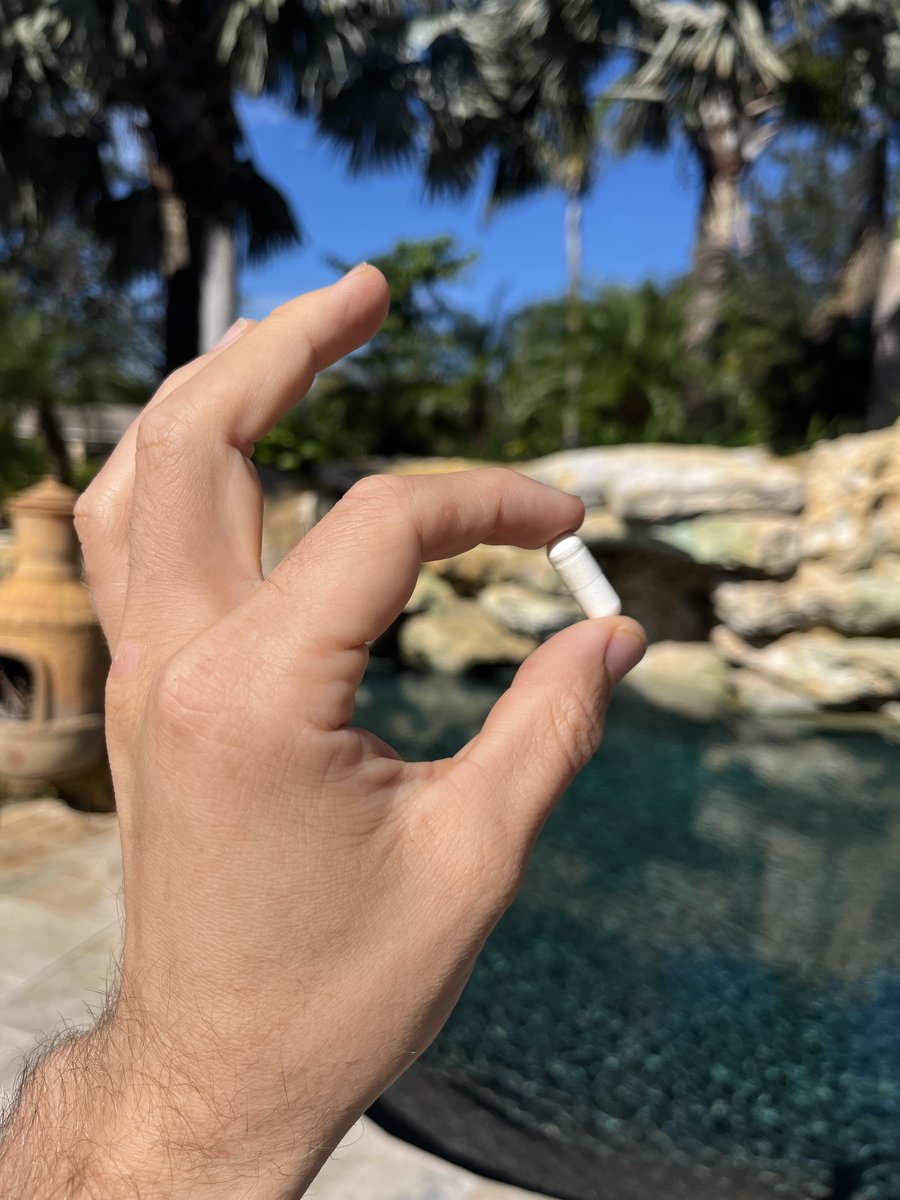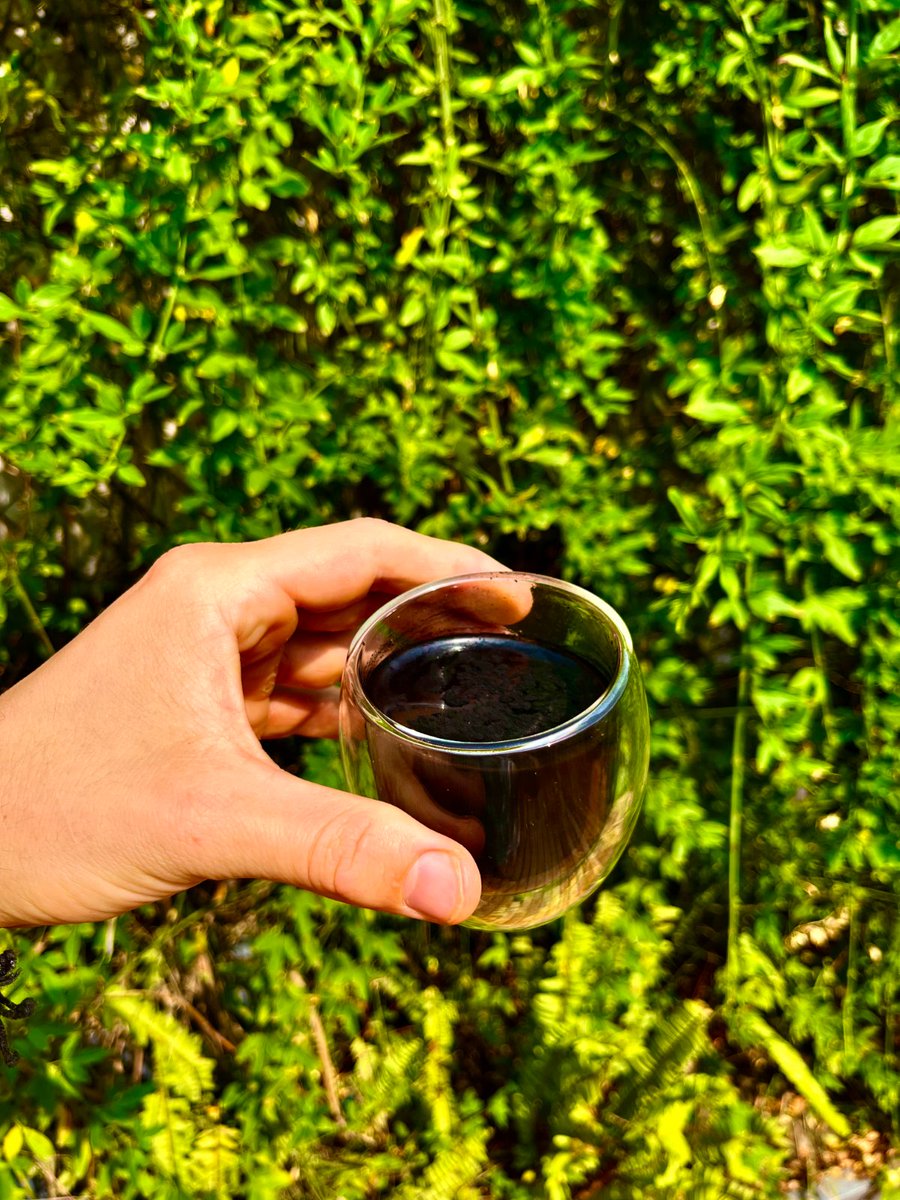
There are thousands of sleep threads on Twitter
But very few have gone into detail about what an optimal sleep protocol actually looks like
A conclusive guide on how to fall asleep, stay asleep & wake up better rested:
But very few have gone into detail about what an optimal sleep protocol actually looks like
A conclusive guide on how to fall asleep, stay asleep & wake up better rested:
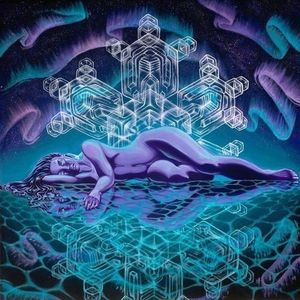
Ask any health expert, they’ll all say sleep is the NUMBER ONE thing you can do for your health & vitality.
It affects your hormones, your energy, your mood, your thoughts, and your ambition.
Every single biological function requires sleep as a necessary precursor.
It affects your hormones, your energy, your mood, your thoughts, and your ambition.
Every single biological function requires sleep as a necessary precursor.
You’re not special. You can’t function on 4 hours of sleep.
You’ve just acclimated to absolute subpar performance & energy levels and are gaslighting yourself into thinking you’re a genetic anomaly.
You’ve just acclimated to absolute subpar performance & energy levels and are gaslighting yourself into thinking you’re a genetic anomaly.
Poor sleep is a recipe for mediocrity
It weakens your immune system, lowers testosterone, impacts learning, focus & drive, & is a primary contributor to cognitive decline
It weakens your immune system, lowers testosterone, impacts learning, focus & drive, & is a primary contributor to cognitive decline
If you get less than 6 hours of sleep
The hormones that control how hungry and/or satiated you feel (Ghrelin & Leptin) start to work against you
- Ghrelin (hunger) increases
- Leptin (satiety) decreases
This is partly why sleep loss leads to obesity & other health problems
The hormones that control how hungry and/or satiated you feel (Ghrelin & Leptin) start to work against you
- Ghrelin (hunger) increases
- Leptin (satiety) decreases
This is partly why sleep loss leads to obesity & other health problems
You have ~4 stages of sleep
- Stage 1 light (useless)
- Stage 2 light (average)
- Stage 3 Deep delta
- REM
Ideally, you want to max out deep & slow-wave delta sleep with adequate REM
- Stage 1 light (useless)
- Stage 2 light (average)
- Stage 3 Deep delta
- REM
Ideally, you want to max out deep & slow-wave delta sleep with adequate REM
Deep/delta sleep is restorative sleep.
Its when your breathing & heart rate drop to their lowest. brain waves slow down & get wider
Delta waves: 1-4 hertz
Gamma waves: 40+ hertz
Its when your breathing & heart rate drop to their lowest. brain waves slow down & get wider
Delta waves: 1-4 hertz
Gamma waves: 40+ hertz
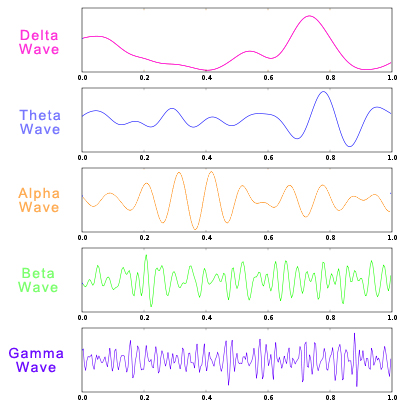
Deep sleep is where most of the recovery benefits are:
• Helps brain recover from all it learned
• Strenghtens memory & helps with consolidation
• Turning short term memories into long ones
• Reduces cortisol
• Triggers release of key hormones (& HGH)
• Helps brain recover from all it learned
• Strenghtens memory & helps with consolidation
• Turning short term memories into long ones
• Reduces cortisol
• Triggers release of key hormones (& HGH)
Sleep quality is based on 3 main metrics:
Sleep latency → How long it took me to fall asleep
Sleep quality → Ratio of Deep - REM - Light sleep
Sleep continuity → How many times I wake up throughout the night
Sleep latency → How long it took me to fall asleep
Sleep quality → Ratio of Deep - REM - Light sleep
Sleep continuity → How many times I wake up throughout the night
Each of these are different but crucial aspects of a good night's sleep.
Some may struggle with latency, some quality, some continuity. Figure out which one is the biggest hurdle for you
Anyway, let's jump into it
Some may struggle with latency, some quality, some continuity. Figure out which one is the biggest hurdle for you
Anyway, let's jump into it
1. Avoid blue light
This one is obvious, but what’s less discussed is HOW to avoid bluelight.
Blue & white light are the most damaging things for your sleep behind a cup of coffee.
Blue light emission from electronics & LED are unbalanced with other wavelengths
This one is obvious, but what’s less discussed is HOW to avoid bluelight.
Blue & white light are the most damaging things for your sleep behind a cup of coffee.
Blue light emission from electronics & LED are unbalanced with other wavelengths
Our eyes, brain, and body have not evolved to handle the artifical levels of blue light emitted by devices.
In a perfect scenario. I don’t use any electronics before bed, but this isn’t always an option. These memes aren’t going to post themselves.
If you’re using devices at night, make sure you’re
1. Using blue light blockers
2. Blocking blue light emission from device
The clear blockers won’t cut it here. They don’t block enough of the blue light spectrum. You want the orange tint for true effectiveness
1. Using blue light blockers
2. Blocking blue light emission from device
The clear blockers won’t cut it here. They don’t block enough of the blue light spectrum. You want the orange tint for true effectiveness
As for reducing blue light frequencies from your device, I recommend two things:
1. flux.io on desktop
This lets you manually tone down your laptops bluelight rating
2. color settings on iPhone
1. flux.io on desktop
This lets you manually tone down your laptops bluelight rating
2. color settings on iPhone
“night mode” isn’t enough. Go into your device settings & turn color tint on red. Then go to accessibility and make color filter a triple tap function.
Night mode on demand
Night mode on demand

Avoid bright overhead lights, especially fluorescent bulbs. If you can’t avoid them, make sure to use blue light + a visor/hat.
Preferably use incandescent bulbs, but at the very least, use lamps below eye level. Candles are ideal
Preferably use incandescent bulbs, but at the very least, use lamps below eye level. Candles are ideal
If you get up to use the bathroom in the middle of the night. Don’t turn any lights on, use a little night light if you have one.
Bonus for this one: Avoid EMFs (electromagnetic frequencies) from Wifi routers, bluetooth devices & electronics as well when sleeping. Your pituitary gland processes nEMF wavelengths the same way it processes bluelight, inhibiting endogenous melatonin production
A non-negotiable for me is to keep my phone outside of my bedroom. This stops me from using my phone before bed AND first thing in the morning. Both equally important.
If you need an alarm clock, get a manual one
If you need an alarm clock, get a manual one
Anti-blue light/emf protocol:
- Get rid of devices in bedroom
- Invest in blackout curtains
- Switch to amber light bulbs
- Use F.lux on computer
- Use red color filter on phone
- Get rid of devices in bedroom
- Invest in blackout curtains
- Switch to amber light bulbs
- Use F.lux on computer
- Use red color filter on phone
2. Wind down your brain & body
Once again, an obvious one, but lets get into what this actually looks like
Once again, an obvious one, but lets get into what this actually looks like
Winding down the body:
Our bodies store tension from the day in our body. Tension makes us rigid & on edge. We want to be relaxed & relieved when falling asleep.
Our bodies store tension from the day in our body. Tension makes us rigid & on edge. We want to be relaxed & relieved when falling asleep.
Do some light stretching, even on your bed, to loosen up your hips & especially your lower back
A few of my favorite are frog pose & cross-body bends.
Don’t sleep on this one (pun)
A few of my favorite are frog pose & cross-body bends.
Don’t sleep on this one (pun)
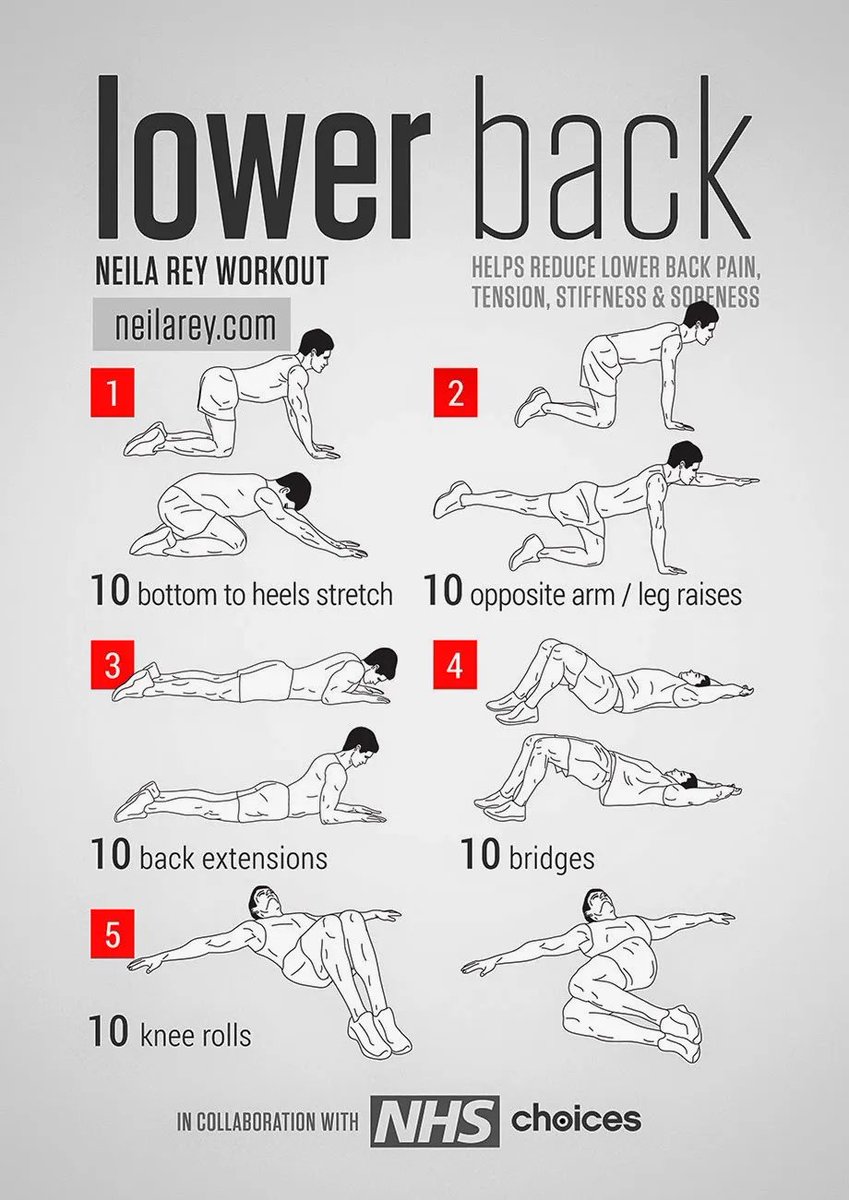
Winding down the brain:
One of the main causes of insomnia is being unable to turn off your brain from the day. Its like all the things you put off come to you as you’re about to fall asleep. This is natural.
You need to detach from the day with a nightly wind-down
One of the main causes of insomnia is being unable to turn off your brain from the day. Its like all the things you put off come to you as you’re about to fall asleep. This is natural.
You need to detach from the day with a nightly wind-down
Two options here are brain dumps & fiction novels
Brain Dumps:
This will help get anything lingering in your subconscious on paper and out of your mind. Once its on paper, you’ll stop worrying about it so much, its not going anywhere
Brain Dumps:
This will help get anything lingering in your subconscious on paper and out of your mind. Once its on paper, you’ll stop worrying about it so much, its not going anywhere
Fiction novels: An incredible way to turn off the rational part of your brain is to immerse yourself in fiction.
This is why its so easy to fall asleep when watching movies. Your brain drifts off into a fantasy realm.
The issue with movies obviously is all the blue light
This is why its so easy to fall asleep when watching movies. Your brain drifts off into a fantasy realm.
The issue with movies obviously is all the blue light
The solution to this is fiction novels. I don’t even like fiction but this helps immensely.
Either 1. I get sucked into the novel and slowly drift off, or 2. I get so bored I physically can’t stay awake reading anymore.
Either 1. I get sucked into the novel and slowly drift off, or 2. I get so bored I physically can’t stay awake reading anymore.
3. Proper sleep supplementation
You’ve probably heard the basics, chamomile, magnesium glycinate, etc. That's because they work
Magnesium glycinate has consistently double/tripled my deep sleep (I’ve monitored).
You’ve probably heard the basics, chamomile, magnesium glycinate, etc. That's because they work
Magnesium glycinate has consistently double/tripled my deep sleep (I’ve monitored).
Chamomile is also a great option. It has a compound called apigenin that is a powerhouse for reducing sleep latency. You can also get apigenin in isolated form if you’re looking for something more efficacious
My go-to tonic is Chamomile + apple cider vinegar + honey. Works incredibly well
L-Theanine and glycine are also effective compounds for their GABA’ergic properties (relaxing & induces deep, restorative sleep)
L-Theanine and glycine are also effective compounds for their GABA’ergic properties (relaxing & induces deep, restorative sleep)
4. Go to bed on an empty stomach
You don’t want to be digesting food when trying to fall asleep.
The blood flow required to digest all that food is going to stop you from becoming fully relaxed.
You don’t want to be digesting food when trying to fall asleep.
The blood flow required to digest all that food is going to stop you from becoming fully relaxed.
Being stationary & horizontal is only going to further slow down your digestion.
Potentially causing bloating, indigestion & acid reflux.
Not to mention it's just downright uncomfortable
Potentially causing bloating, indigestion & acid reflux.
Not to mention it's just downright uncomfortable
Additionally, melatonin activation shuts down insulin production in your pancreas.
Aka eating late at night will not trigger a proper insulin response.
Aka eating late at night will not trigger a proper insulin response.
Poor insulin response = blood sugar spike = blood sugar crash = adrenaline spike
You don't want an adrenaline spike in the middle of the night
You don't want an adrenaline spike in the middle of the night
If you’re eating late. Have digestive enzymes or apple cider vinegar before your meal to increase digestion speed.
Opt for an easily digestible meal (low fat/fiber), and go for a post-meal walk to speed up digestion
Opt for an easily digestible meal (low fat/fiber), and go for a post-meal walk to speed up digestion
5. Breathe through your nose
Snoring is unhealthy.
If you snore, you’re risk of developing diabetes, obesity, and high blood pressure is nearly doubled
If you snore AND wake up groggy, that risk goes up to 80%
You need to be nose-breathing at all costs throughout the night.
Snoring is unhealthy.
If you snore, you’re risk of developing diabetes, obesity, and high blood pressure is nearly doubled
If you snore AND wake up groggy, that risk goes up to 80%
You need to be nose-breathing at all costs throughout the night.
Few things are as disruptive to proper sleep as mouth breathing. Especially if you're prone to sleep apnea
For this, I recommend nasal strips and mouth tape. This will train you to breathe through your nose & act as a failsafe.
Eventually, this will become second nature. Mewing & nose breathing throughout the day will help with this
Eventually, this will become second nature. Mewing & nose breathing throughout the day will help with this
BONUS
Your brain & body go through an intensive detox process while you sleep
The Glymphatic system is a waste clearance pathway that's responsible for clearing the 'gunk' out of your brain
Your brain & body go through an intensive detox process while you sleep
The Glymphatic system is a waste clearance pathway that's responsible for clearing the 'gunk' out of your brain
It flushes out cellular waste & neurotoxins, as well as amyloid proteins (the plaque linked to alzheimers)
Improving glymphatic drainage will strengthen your mitochondria. Stronger mitochondria = better cell functioning as a whole
Improving glymphatic drainage will strengthen your mitochondria. Stronger mitochondria = better cell functioning as a whole
Sleeping on your side improves drainage
Side sleeping humans have lower blood pressure & heart rate. Also reduces risk of sleep apnea.
Side sleeping humans have lower blood pressure & heart rate. Also reduces risk of sleep apnea.
Preferentially sleep on your left side.
Our organs are asymmetric.
Left side sleeping will improve lymphatic drainage (according to ayurveda), reduce indigestion, alleviate spinal pressure, and be significantly more comfortable
Our organs are asymmetric.
Left side sleeping will improve lymphatic drainage (according to ayurveda), reduce indigestion, alleviate spinal pressure, and be significantly more comfortable
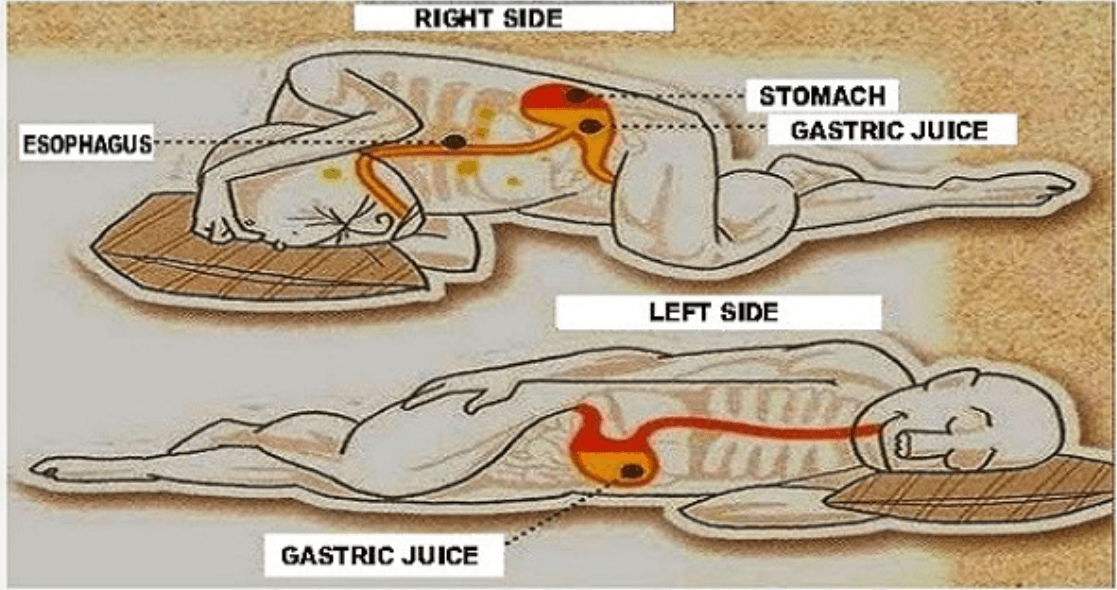
The best thing you can do for proper sleep hygiene is to get morning sunlight.
This aligns your circadian rhythm. Energized in the day. Sleepy & night
Exert yourself, both physically and mentally. The best sleep medicine is a day full of effort & purpose.
This aligns your circadian rhythm. Energized in the day. Sleepy & night
Exert yourself, both physically and mentally. The best sleep medicine is a day full of effort & purpose.
Get quantifiable with your sleep.
Hours in bed ≠ hours asleep.
We have micro-disruptions that we don’t notice, but certaintly add up.
All sleep is not created equal, you want ot make sure you’re optimizing for deep sleep & maintaining proper REM/Light sleep ratios.
Hours in bed ≠ hours asleep.
We have micro-disruptions that we don’t notice, but certaintly add up.
All sleep is not created equal, you want ot make sure you’re optimizing for deep sleep & maintaining proper REM/Light sleep ratios.
A wearable is the best way to do this
I’ve used them all, but Amazon Halo is my favorite. Simple UX and the touchface improves accessiblity (and keeps me off my phone in the AM).
amzn.to/3i20w2H
I’ve used them all, but Amazon Halo is my favorite. Simple UX and the touchface improves accessiblity (and keeps me off my phone in the AM).
amzn.to/3i20w2H
• • •
Missing some Tweet in this thread? You can try to
force a refresh


